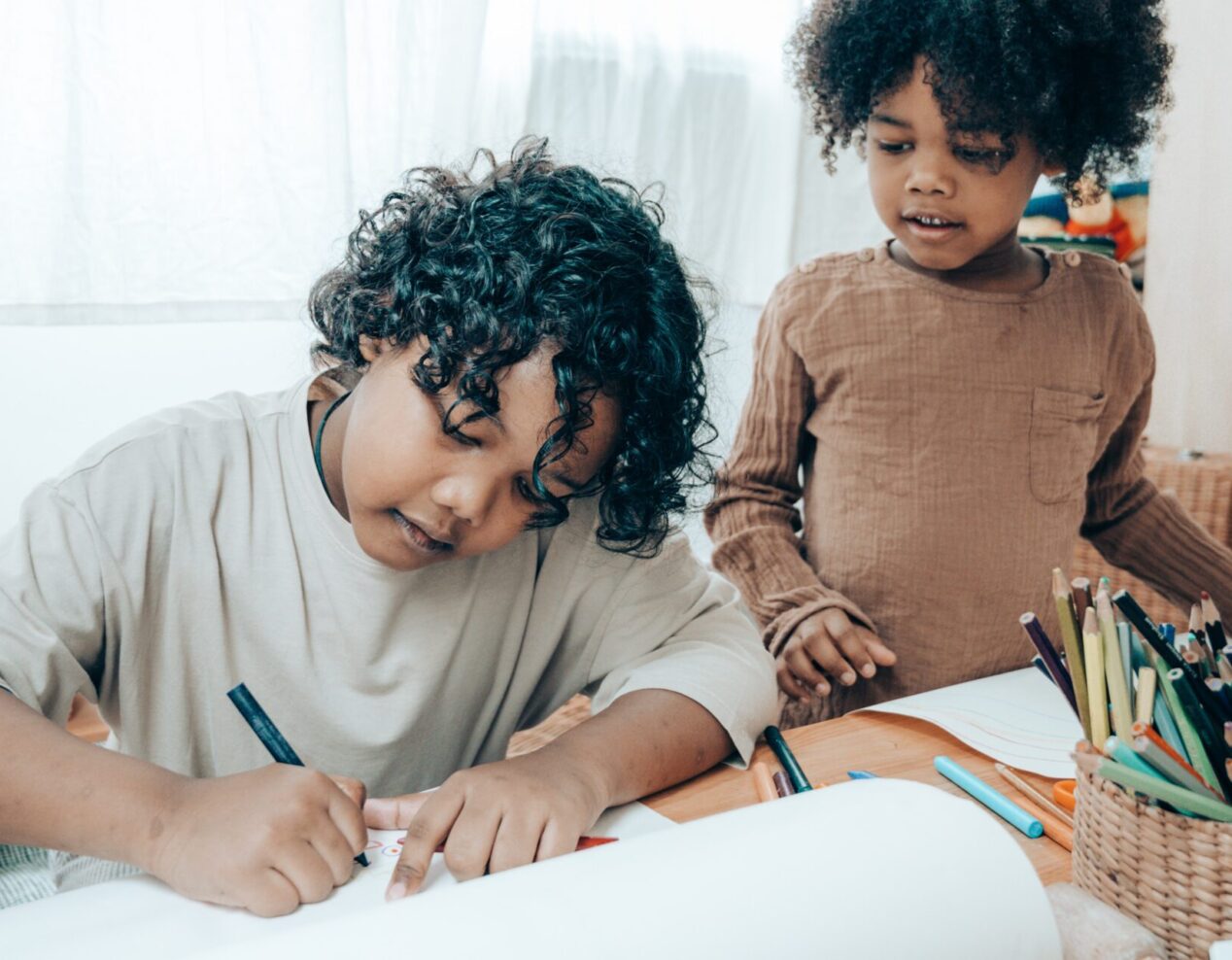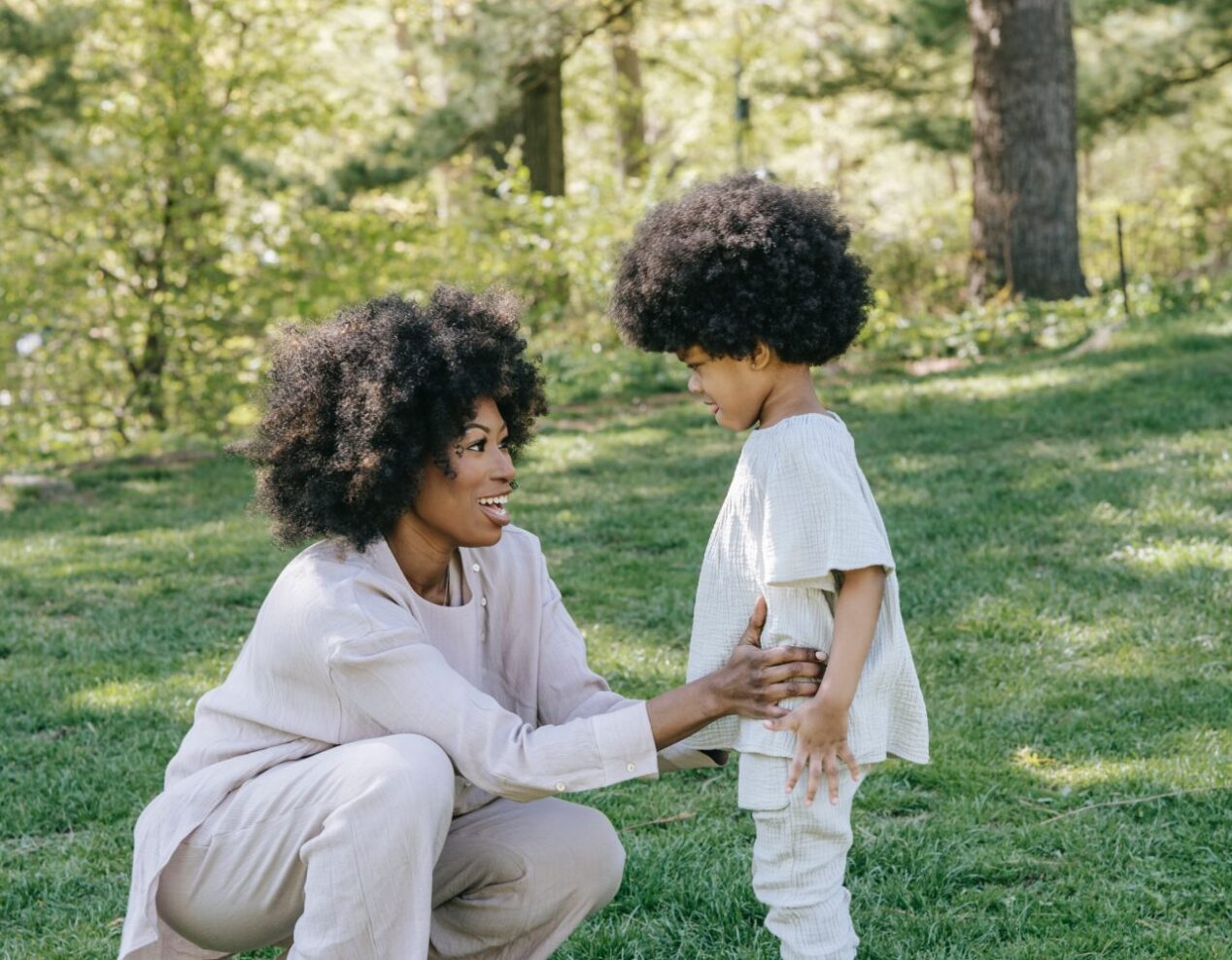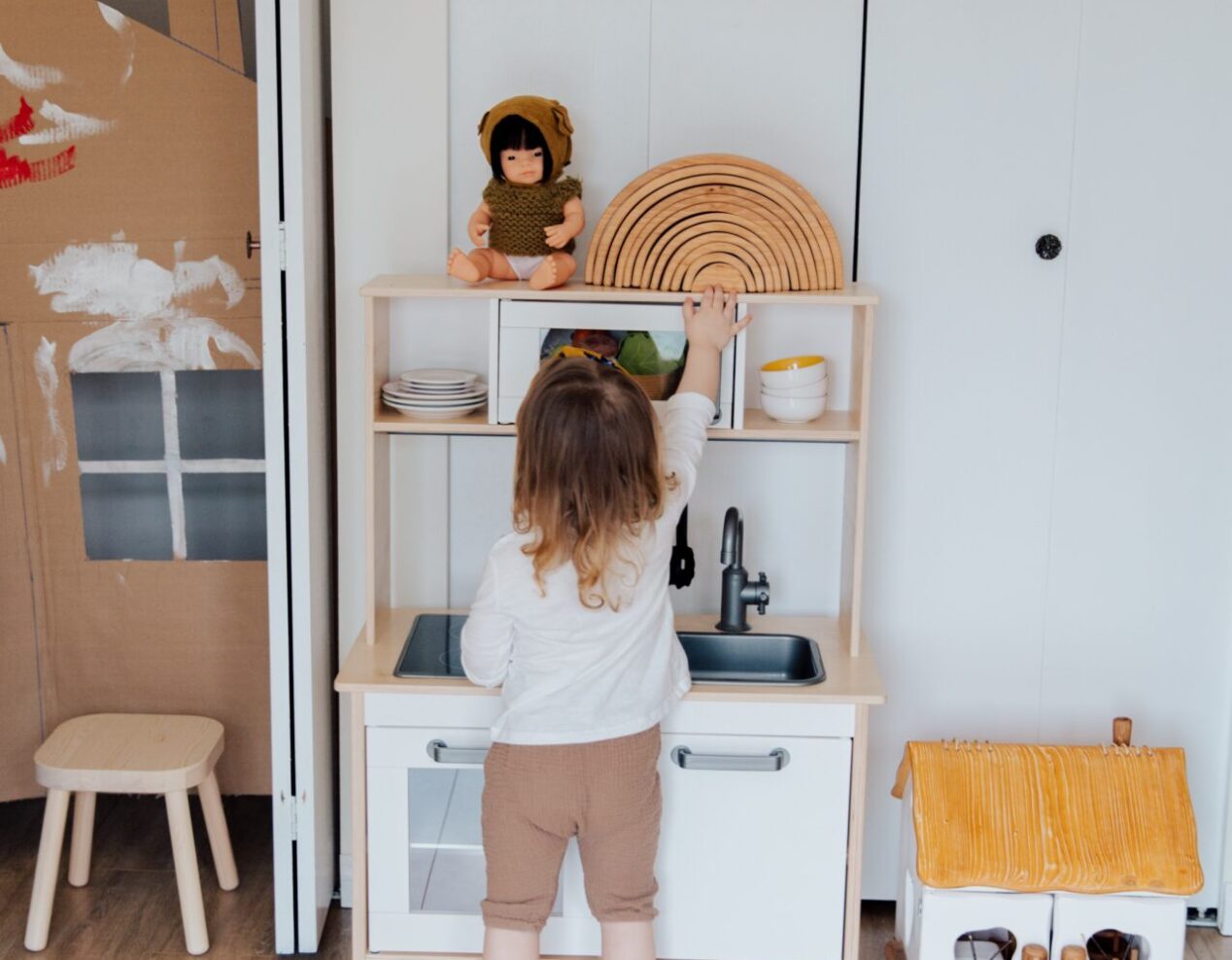Unlocking Your Two-Year-Old’s Focus: Nurturing the Art of Concentration

Wondering about the attention span of your two-year-old?
While it may not always be apparent, rest assured that your little one does have the capacity to focus. The duration of their attention can vary depending on several factors. On average, a two-and-a-half-year-old child can engage in a specific toy or activity for approximately four minutes. As they approach the age of five, their attention span should expand to at least 15 minutes to prepare them for success in school.
Building and strengthening focus is a skill that requires guidance and practice. Here’s how you can help nurture your two-year-old’s ability to concentrate:
Reframe the notion of focus: Remember that focus can manifest differently as your child develops, and it can even vary from day to day. At times, your little one might sit calmly on your lap, fully engaged in listening to a story. Other times, they may be more active, bouncing around and playing with their toys. Rest assured, they are still benefiting from language exposure in both scenarios. Even fidgeting and listening go hand in hand.
Pay attention to cues during moments of restlessness, such as whining or clinginess. These signs can indicate when your child requires your support or a break. If they frequently switch between activities during play, it could be a way of communicating that they are overstimulated, bored, or seeking connection with you.
Strike the right balance: Choose toys that align with your child’s current developmental needs and interests. The Drop & Match Dot Catcher, for instance, offers an appropriate level of challenge. While your child may require assistance with color-matching initially, they can independently experiment with dropping the dots and sliding the tab to release them. Additionally, pretend play with a sink allows your child to engage in water play while imitating a practical life activity they observe you doing daily. This activity may also spark curious questions about how things work, further enhancing their focus.
Embrace the concept of “focus coaching”: According to a study conducted by the National Institutes of Health, young children benefit from gentle and limited support from adult caregivers when developing focus. Consider it as “focus coaching”—a process that involves teaching and practicing concentration. However, tasks that require excessive adult control can hinder a child’s ability to focus. Finding the right balance requires some trial and error to determine the level of support your child genuinely needs.
When playing with your two-year-old, allow them the opportunity to problem-solve independently before stepping in. For example, if they’re struggling with a challenging puzzle, you can offer hints like, “I see a yellow, round piece that might fit where the sun is.” If they still struggle, place the piece near its slot on the puzzle board and let your child slide it into place. Encourage them by saying, “Can you try the next piece?”
Adopt a minimalist approach: In the Montessori philosophy, less is more. Two-year-olds go through a developmental stage known as the “sensitive period for order.” Having an abundance of toys to choose from can overwhelm them and hinder their focus. Consider implementing toy rotation as part of your routine. By limiting the number of toys accessible to your child, you can curate a selection that matches their current interests and abilities. This minimalist approach reduces environmental distractions and allows them to deepen their focus.
By understanding and nurturing your two-year-old’s ability to concentrate, you can help them develop a valuable skill that will benefit them throughout their lives.



